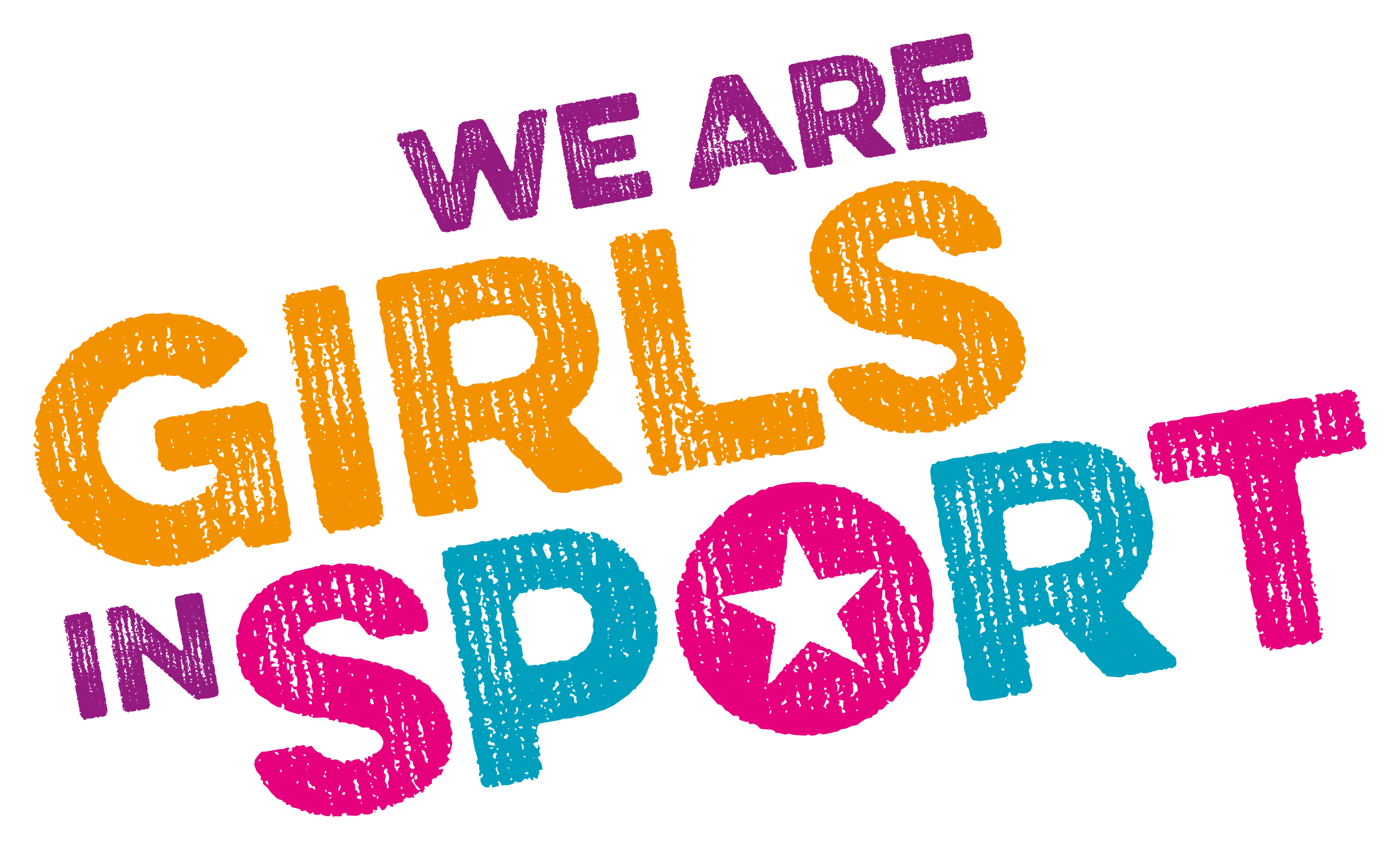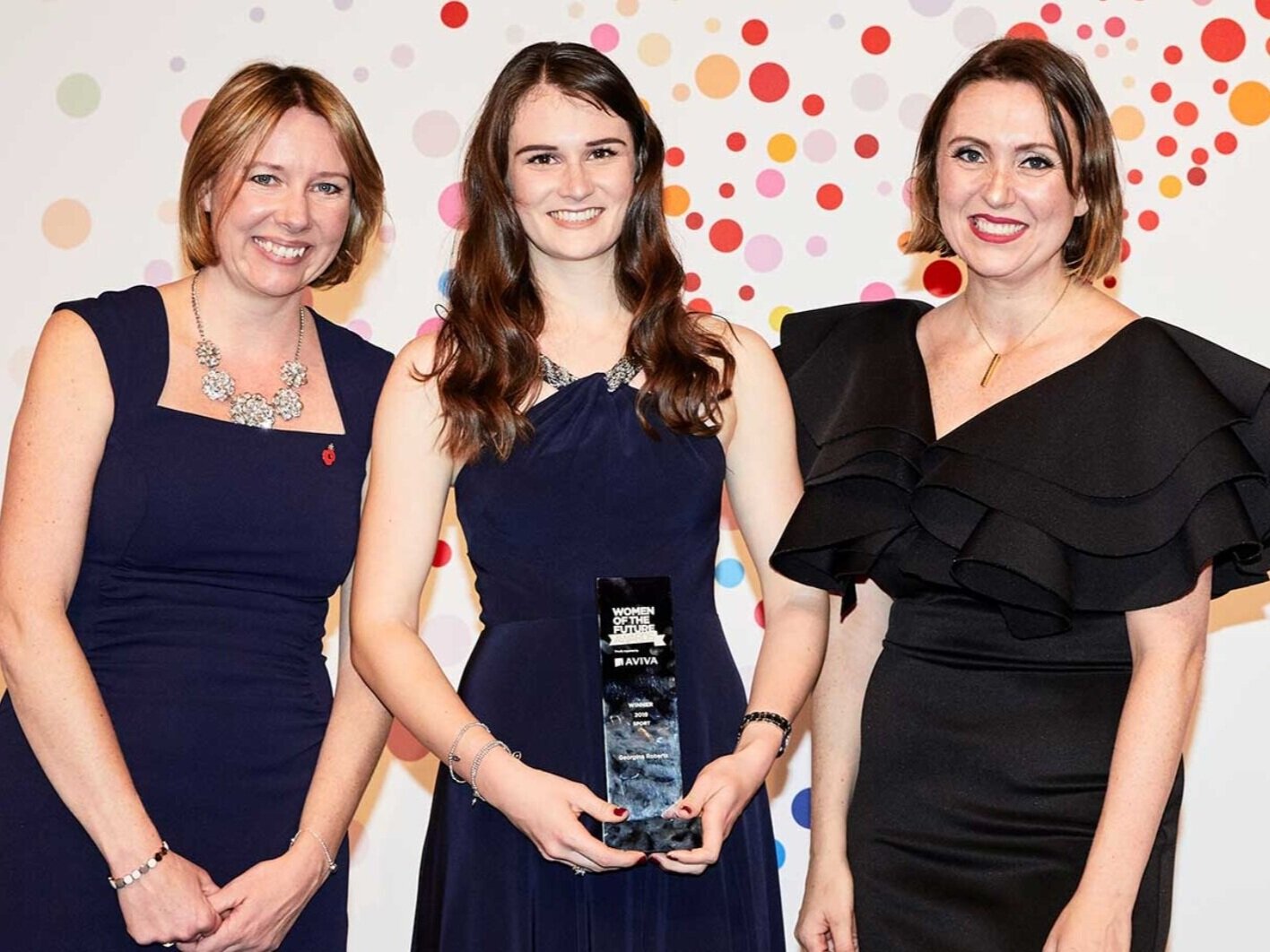How I Started at British Shooting with Georgina Roberts
In this week’s interview, we chat to Georgina ‘Georgie’ Roberts, who was an absolute joy to talk to on the phone. Georgie has an incredible passion for her sport, keeping active and helping our next generation of children in sport is hugely important to her.
Georgie Roberts, aged 23, is an Olympic trap shooter who, more recently, made the choice to take a temporary step back from her competitive career and focus on coaching. Her experience and wealth of experience in international competition gives her an amazing opportunity to now coach, and share what she has learnt along the way. We hope you enjoy the interview as much as we did!
Can you tell us a little about yourself, and how you got into shooting?
I have always been very sporty, and when I was at school, I was passionate about all sports, hockey, netball, rounders, anything that was offered! I would always have a go at it. My mum always supported this and was encouraging of me to ‘try the next thing’ again and again. I never stuck to a sport, and when I first started shooting my mum was not convinced, I would stick with it. She hesitated in buying me a shotgun because they are expensive, and she didn’t want me to move on quickly. I told her ‘This is the one. Shooting is for me,’ and she invested. I am so glad that she did!
I got into shooting through my dad. He’s a farmer and has a shooting background. He took me to a charity clay day, a beginner’s session for those that hadn’t shot before. For someone who hadn’t really shot before, I was told I was pretty good, and I found myself being invited along to be coached at a training session. I loved every second, and I didn’t turn back from then.
How did your career in shooting progress from there?
I’m a really enthusiastic person, and so everything I do, I give it all or nothing. I had been training twice a week when my coach said, ‘Do you want to take this seriously, and shoot for your county?’ I wanted to be the next Olympic gold medallist and the best shooter the world had seen, so I said yes! I went to shoot for the county and then before I knew, I’d qualified second in juniors, first in ladies and third in seniors; cementing the fact that this was my sport!
Three months later, the Welsh qualifiers started, and I gave it everything! There were eight qualifiers, and I finished second in juniors and ladies - at age 17. That was a big year for me, and those qualifiers honestly changed my life. I’ve shot for Wales every year since. I took a year out last year, but my aims now are to shoot in the Paris and LA Olympics.
One of the best things about shooting as a sport is that there’s no time frame. You can shoot at any age, whether that’s young or old, and so my time in sports isn’t limited. I’ve shot alongside those in competitions that are nearing 80 years old!
In hindsight, I wish I started shooting earlier. There are youngsters now who start shooting at age 13. Their understanding is better earlier on. Understanding yourself, in addition to the technical side of the sport is so important.
What about equipment? What do you need and is it costly?
Some people start already owning their own licenced gun. However, local clubs and instructors will provide guns and protection for you. You require a shotgun certificate to own your own guns, and so newbies to the sport will not be expected to have that. Organisations and shooting grounds will provide that until you are willing to invest into that commitment yourself.
Had COVID-19 had an effect on training?
In lockdown, shooting grounds completely closed down. We couldn’t do any technical training or anything on a range. I’m also a long-distance runner however, so I kept busy by running in lockdown and training other parts of my body, such as weights and vision training. The pandemic encouraged me to sit back and look at what I could do in my training and everyday life to improve. I made programmes and reviewed my nutrition, to put myself in the best position to come out of the pandemic.
Photo Credit: Women of the Future Awards
Tell me about winning your ‘Women of the future’ award!
I didn’t believe I’d won to be honest, and it was a very surreal experience for me. The awards were November last year so before COVID-19 erupted. When I found out I was shortlisted I was really emotional, happy and overwhelmed because so many other amazing women had been nominated too. At the event, I read through the women and thought, there is no way in a million years I could win this. These women had achieved so much, they were all so inspirational. When they announced me as the winner, I didn’t move. Everyone stood up and clapped. I looked at my parents and I couldn’t believe it!
When we think about role models and girls in sport, we see a significant drop off of teens in sport. What do you think is the struggle for girls?
When I was at school, there would be maybe 30 girls in my PE class, and only two of us were sporty. The other girls wouldn’t do anything. They were covered in foundation and didn’t want to sweat, or flush. I remember thinking ‘Do I need to be like that?’. However, I’m too competitive not to do anything and so carried on being me. I also had lots of male friends egging me on all the time to do sport. My competitive nature took over, and I’m so glad I did, because, if I had gone the other way, I wouldn’t be where I am today. Nowadays, there is a lot of social media portraying a certain way to look. Sweaty isn’t feminine. Sweat isn’t attractive. But that’s not what it is about. It’s about being strong and being confident in yourself. I only have time for those that say, ‘good for her’ and not, ‘she looks sweaty!’ Just getting up and doing something means you’re already one step ahead of that person still sat on the sofa.
Here at WAGIS we like to hear how sport makes people feel- and so, how does shooting make you feel?
Sport makes me feel like the best version of myself.
Whether I’m competing or training, there is no better feeling than being in the moment in sport. After competing in shooting and seeing my score, I feel absolute euphoria. I can’t wait to feel like that again.
I only joined a running group two years ago, but it was developed my growth mindset, and helped my resilience. I am always setting myself mini goals: reach that lamppost, reach that tree! Since then, I’ve run two half marathons; something I never thought I could do. Those mini goals add up and help you develop. The shooter and the athlete that I am now is all about mentality. It’s taking skills and applying them across everything you do in life. Setting small, achievable wins is everything.
Visibility of women in sport is threatened. How can we make women and girls in sport more visible?
Shooting doesn’t get much coverage at all. When I was growing up, all my magazines had nail varnish and girl talk. It’s not what I wanted. If I had a daughter, I would want her to read about female role models with the biggest impact. We need to show girls how to celebrate being themselves, not changing themselves.
The TV is so accessible, but many programmes still lack interest in women’s sport. There are a lot of male role models all over TV, but where is the documentary about Serena Williams? So much more can be done through the power of media.
We need help in elevating women’s sport and give it that bigger platform. There is so much out there that isn’t getting the attention. The Mintridge Foundation, for example, is brilliant, but doesn’t get enough coverage. I’ve been involved with Mintridge Foundation for about three years now: Alex Wallace, founder, is a hero, and so dedicated to getting women in sport. She is constantly trying to do more to support local sports teams and so on. The whole foundation is like a family, and Alex has helped me get where I am, so I will always support them in return.
Photo credit: Georgina Roberts
What’s next for you?
Over winter I’ll be training for competitions staring in January 2021. I will be getting young people in sport and encouraging children to start shooting. I want to help more through shooting programmes, and so I’ll be doing more coaching and begin working with sport psychologists with British Shooting. It is an honour for me to coach, and so I want to do more.
Shooting isn’t just a sport for me, it is a lifestyle. Any part of the sport I can change for the better, I’m all for it. Coaching helps me develop my shooting skills as well. I understand more when I teach others and help them understand more too.
When I was younger, I felt better with female coaches. I felt less judged if I didn’t shoot well. Female coaches and mentors, to me, are so important. Women and men experience sport in different ways. It is important to have that balance, even in male dominated sports. This could be critical in performance.
How to get started? Here is Georgie’s advice
There are a few different ways to get involved with shooting. One of the best ways to find out how to start is through the Shooting Association. Their website will help you find an instructor, or your nearest club to try out a lesson.
British Shooting also have a talent pathway, starting with beginners in shooting. You can work your way through, from foundation to world class levels, where you find amazing Olympic gold medallists that have worked their way up from beginners to experts. I found my way to where I am through these programmes too. I’m an excellent example of how the British Shooting Talent Pathway programmes really work.
Useful Links
https://www.britishshooting.org.uk




